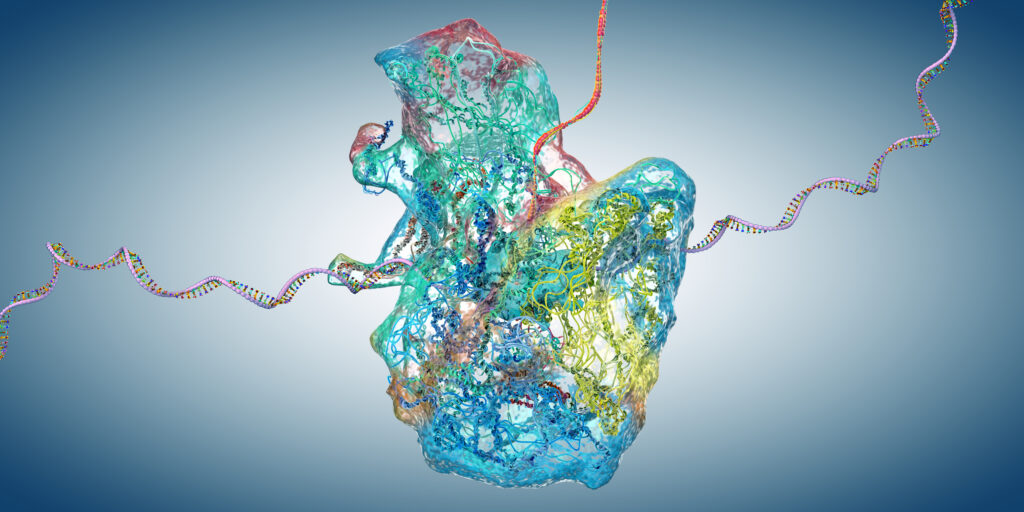About me
Hi, I’m Ellie and I’m currently in my third year studying Biochemistry. I went to a state school in York, and first decided I wanted to study Biochem towards the end of year 12. Biochemistry interested me as I wanted to be able to study life at a molecular level, and was particularly interested in the wide range of topics covered at Oxford, and in particular the fourth year research project!
College experience
One of my favourite things about Queen’s is the friendly atmosphere. I’ve met so many people from a variety of backgrounds and it definitely feels like a tight-knit community! Before coming to Oxford, I was a bit apprehensive, but I quickly found that Queen’s is a very welcoming place. It’s also been really nice to make friends with people in college doing my course, and definitely makes the degree more enjoyable! Another benefit is the location – Queen’s is right on the High Street so everything is super walkable!
Oxford life
In the mornings I tend to have lectures in the Biochemistry department, before I go to college lunch where I can catch up with friends. In the afternoons, I might have a tutorial or a practical, and if not, I’m probably studying in the Upper Library, especially if there’s a deadline coming up. To break up the day, I like to go for a run or to the gym, as it’s really important to do something outside of academics! In the evening, I’ll either grab tea in college or cook my own meal now that I’m living off-site. After eating, I try to unwind and avoid any more work for the night – usually doing something social or relaxing with friends.
Advice for applicants
If you are passionate about your subject, just apply! You never know what could happen 🙂



